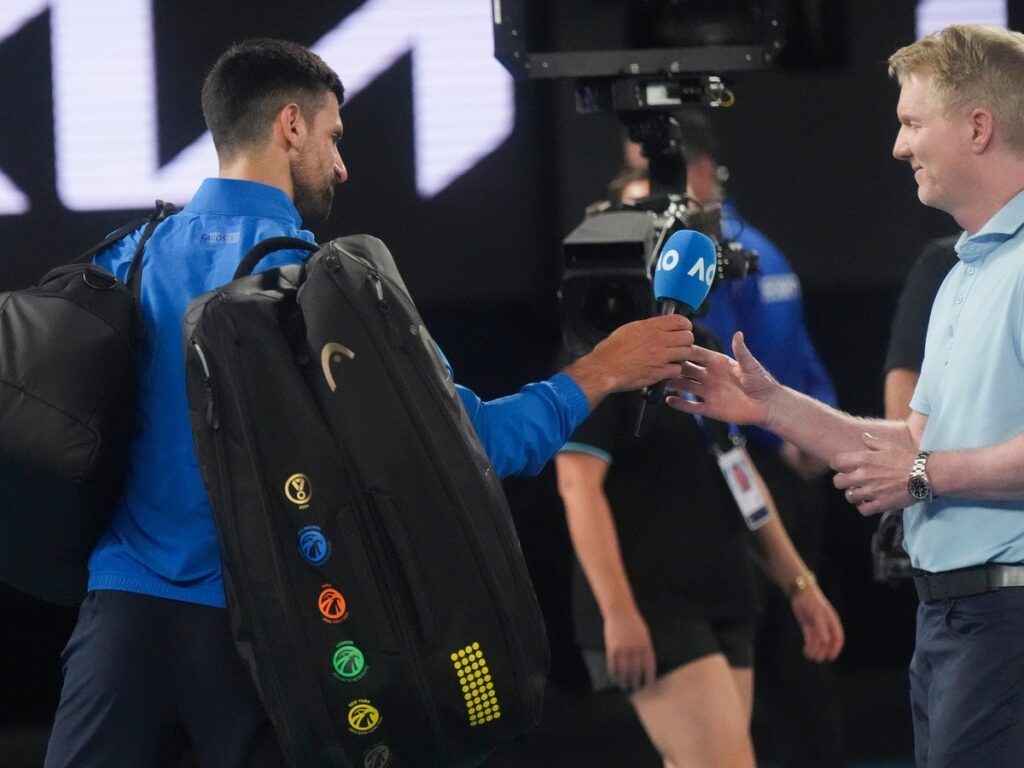During the Australian Open 2025, tennis superstar Novak Djokovic made headlines not just for his on-court performance but also for his decision to boycott interviews. This sudden shift in his behavior was prompted by derogatory comments made by an Australian broadcaster regarding Djokovic and his loyal fanbase from Serbia. The situation escalated, leading to a public apology from broadcaster Tony Jones, highlighting the sensitive nature of player-media relationships and national sentiments in sports.
Background on the Incident
The Australian Open is one of the most prestigious tennis tournaments globally, attracting top players and vast international audiences. Djokovic, a multiple-time champion, has always been a focal point of media attention at this event. However, his recent experiences have brought into question the limits of sports commentary.
The Comments that Sparked the Boycott
In the lead-up to the tournament, Tony Jones made a series of comments that were perceived as disrespectful towards Djokovic. These remarks not only offended the player but also ignited outrage among his fans, particularly in Serbia. The impact of media statements can often extend beyond the sporting arena, influencing public perception and fan loyalty.
The Apology from Tony Jones
Realizing the gravity of the situation, Tony Jones publicly apologized for his remarks, acknowledging the hurt they caused. His apology underscored the importance of sensitivity and respect in sports commentary and the potential fallout from careless words. This incident serves as a reminder of the responsibility that media figures have in shaping narratives about athletes.
Impact on Djokovic’s Participation
Djokovic’s boycott of interviews during the tournament drew mixed reactions. While some applauded him for standing up against what he deemed disrespect, others criticized his decision as detrimental to the sport’s promotional efforts. His absence from media interactions raised questions about player rights and the expectation for athletes to continuously engage with media, even in challenging circumstances.
Conclusion
The incident during the Australian Open 2025 has highlighted crucial issues regarding media ethics and athlete treatment. Djokovic’s decision to boycott interviews serves as a powerful statement about the need for respect in sports journalism. As the sports world continues to evolve, it is imperative for broadcasters and journalists to understand the impact of their words and to create an environment that supports rather than diminishes athletes. This event not only emphasizes the strong emotions tied to national pride in sports but also showcases the pressing need for more responsible media practices.
